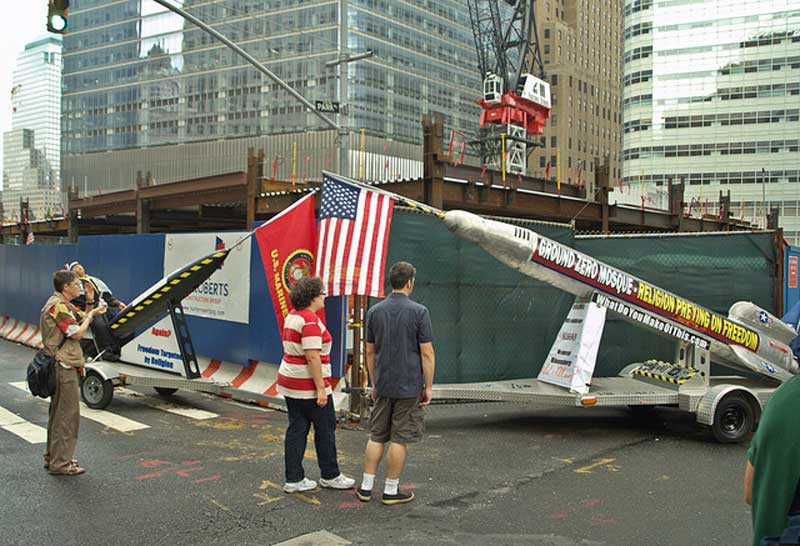Across Europe and the Americas, a surge of populist movements have emerged recently, mobilizing modern identity discourses in (often successful) bids for political power.

Employing frameworks embedded in coloniality and the nation-state system, these modern populisms challenge and reconstruct pluralisms to redefine the “nation,” often leading with anti- and philo-semitism and anti-Muslim bigotry and exhibiting patterns of sexual politics.
Driven by the moral urgencies of our time, the Reexamining Religion and Modernities working group addresses these emerging currents of populism, antisemitism, and Islamophobia in Euro-America in relation to questions of pluralisms. It is also propelled by the need to integrate more fully disparate scholarly conversations in critical race theory, nationalism, and peace studies, on the one hand, with anthropological, sociological, political, and theological approaches to the study of religion and modernity, on the other.
The study of multiple modernities and varieties of the secular has reached its second phase. A broad spectrum of inter- and trans-disciplinary research has problematized “religion” as a category—its historicity and complicit legacies—and challenged the singularity of the “modern” with its assumptions about personhood and human subjectivity, autonomy, rationality, agency, sexuality, gender, history, rights, freedoms, bureaucratization, disenchantment, and other relevant, interlaced categories of analysis.
Additionally, recent years have witnessed the emergence and consolidation of critical studies of secularism. Such studies have focused extensively on a critique of the “liberal state” and “liberal grammar” informing the discourses of religious freedoms, pluralism, and control of minorities. Such a critique offers important accounts of power, the legacies of colonialism and orientalism, and the religious imagination underpinning the construction of the “secular.” However, the focus on the modern state as the main locus of analysis of the politics of religion and secularity overlooks the hermeneutical need to examine, on a case by case basis, the nationalisms authorizing state infrastructures and political meanings and formations. The Reexamining Religion and Modernities working group incorporates these new directions in the study of multiple modernities, constructions of nationalism, and the secular and religious as categories deeply embedded in the current populist moment.
“Islamophobia and Antisemitism: Between Pluralism and Exclusionary Populism”
Led by CM Co-Director Atalia Omer, the working group will initially focus on anti-Muslim sentiment and antisemitism, gathering international scholars from diverse disciplines to reflect with fresh theoretical insights on how religion in the contexts of modernity plays into conceptualizations of populism, nationalism, and pluralist citizenship discourses and practices. The working group discussion will be framed partly in light of theoretical advances made in the field of comparative and transnational critical race theory. As such, the group will embrace the challenges that an analysis of colonialism as a set of discourses, practices, and enduring legacies poses to delimiting discussions of religion, race, and nation to the geopolitical boundaries of the modern system of nation-states.
The working group is currently focused on bringing together three unique co-edited volumes. The first, Populism and Modernity: The Cultural Logic of White Christian Nationalisms includes original contributions that explore the intersections of race, nationalism, populism, and religion. The second, Religion and the Politics of Fragmentary, Ephemeral, and Unrealized Transnational Solidarities, brings together reflections on particular moments when solidarity between different marginalized groups failed to fully realize themselves, yet nonetheless pointed the way toward emancipatory possibilities. The third volume, which is still in process, will examine religion and coloniality in modernity.
We invite you to read the brief essays by our scholars introducing their work in the Reexamining Religion and Modernity working group.
